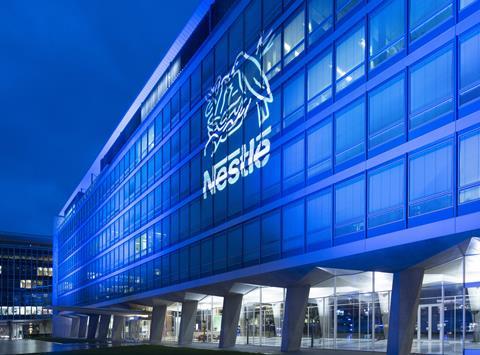
Nestlé increased its prices by 7.5% in the first nine months of this year, the biggest amount in decades, enabling the world’s largest food manufacturer to raise its forecasts for the year (The Financial Times £).
Nestlé has reported its strongest sales growth in 14 years, with products including KitKat bars, bottles of Perrier and pet food flying off the shelves, after it passed on a hefty 7.5% price increase to consumers (The Guardian).
Nestlé reported organic or underlying sales growth of 8.5% in the nine months to the end of September, the highest nine-month rise since 2008, driven by higher prices aimed at offsetting rising costs (The Times £).
Nestlé pays to eliminate child labour from chocolate supply chain (The Financial Times £). The Swiss multinational wants to raise long-term incomes for west Africa’s cocoa farmers.
Price increases helped to offset the effects of inflation and the stronger dollar to deliver forecast-beating quarterly profits and sales at Procter & Gamble (The Times £). The American consumer goods conglomerate described the sustained impact of higher raw materials costs as “very difficult” after increasing its prices by an average of 9%.
The Lex column in The Financial Times (£) takes a look at results from Nestlé and P&G and says to expect more downgrades in the sector as inflation eats into household budgets.
Inflation rose higher than expected to 10.1% in September from 9.9% in August, adding pressure to the Bank of England to continue raising interest rates to bring down prices (The Times £).
Soaring prices for food and drink were the biggest driver behind the latest cost of living increase, with an annual rise of almost 15%, the fastest annual jump since April 1980, as the price of bread and cereals, meat, milk, cheese and eggs shot up (The Guardian).
People are planning for smaller Christmases this year as prices soar, with a BBC survey uncovering growing concern about the squeeze on finances (BBC News).
Britain’s cost-of-living crisis is hitting John Lewis harder than the Covid pandemic and returned the retailer to the 1970s, its chairman Dame Sharon White has warned (The Telegraph).
The Guardian examines how Iceland’s legion of shoppers are making ends meet as inflation soars.
The Times (£) examines how inflation has changed the price of a roast dinner. The cost of a Sunday roast for a family of four stands at £35.47, up by 22% since 2011, according to the latest Office for National Statistics figures for September.
Fish heads and Spam are flying off the shelves at Waitrose as even its affluent shoppers feel the cost of living squeeze (The Times £). Sales of fish heads — used in curries and stocks — increased by 34%, while 36% more shoppers put Spam in their trolley, according to the latest food and drink report from Waitrose & Partners.
The cost of living crisis has put home cooks on a war footing with a new “thrifty” mindset boosting supermarket sales of nostalgic canned foods, including Spam and pilchards, as well as cheap cuts such as fish heads (The Guardian).
Business rates bills could rise by as much as £3bn next April, experts have warned, piling additional costs on companies struggling in the face of rising prices (The Times £).
Retailers face paying an extra £3bn next year in business rates, piling further pressure on the high street as costs soar and shoppers cut back on spending (The Telegraph).
Tourism and recreation businesses suffered their sharpest fall in output in September as cash-strapped consumers tightened their belts (The Times £).
Philip Morris International has increased its offer for smokeless tobacco specialist Swedish Match, pushing the price it is prepared to pay up by just under 10% as it seeks to expand in cigarette alternatives (The Financial Times £).
Millions of Amazon customers could receive a share of £900m in compensation after the launch of a legal claim against the internet retailer for “abusing its dominant position” (The Times £).
Just Eat Takeaway.com made an underlying quarterly profit earlier than expected after efforts to cut delivery and operating expenses offset falling order volumes (The Mail).
Just Eat Takeaway returned to the black earlier than expected in the third quarter, although orders fell sharply as customers reacted to the rising cost of living (The Times £).
Trade from the UK to the EU is down 16% on the levels anticipated had Brexit not happened, a new report has found (The Guardian).
Investors push food companies to go greener (The Financial Times £). The ESG movement has the industry in its sights — but complex supply chains make it a tricky target.







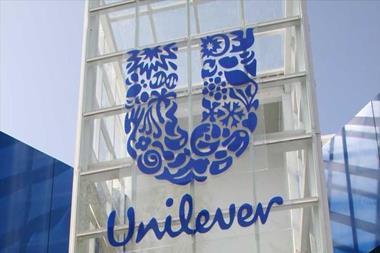
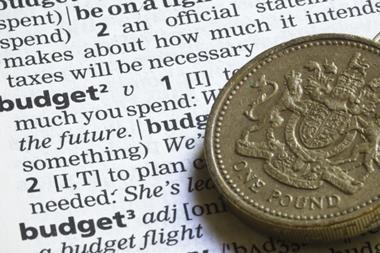
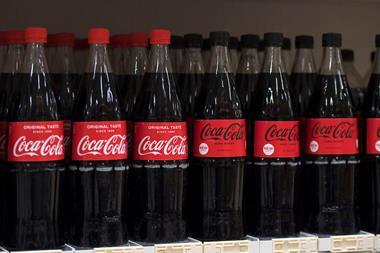
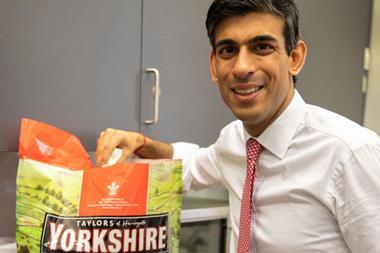
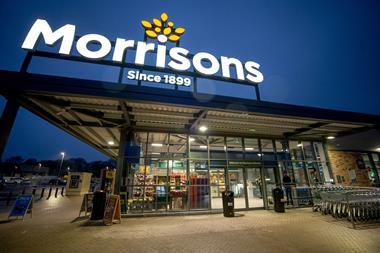
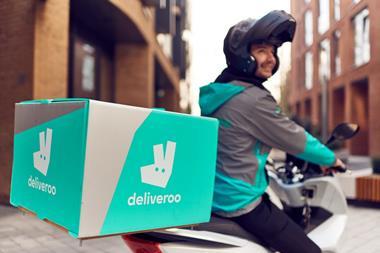






No comments yet